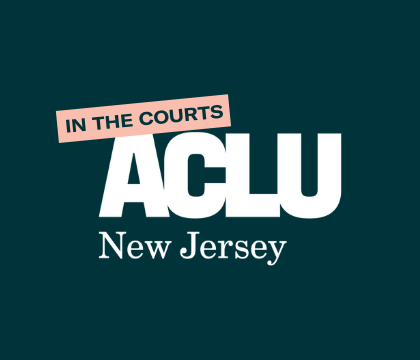Joye, et al. v. Hunterdon Central Regional High School
- Status: Closed
- Court: New Jersey Supreme Court
- Latest Update: May 30, 2011

Stay Informed
Sign up to be the first to hear about how to take action.
By completing this form, I agree to receive occasional emails per the terms of the ACLU’s privacy statement.
By completing this form, I agree to receive occasional emails per the terms of the ACLU’s privacy statement.
